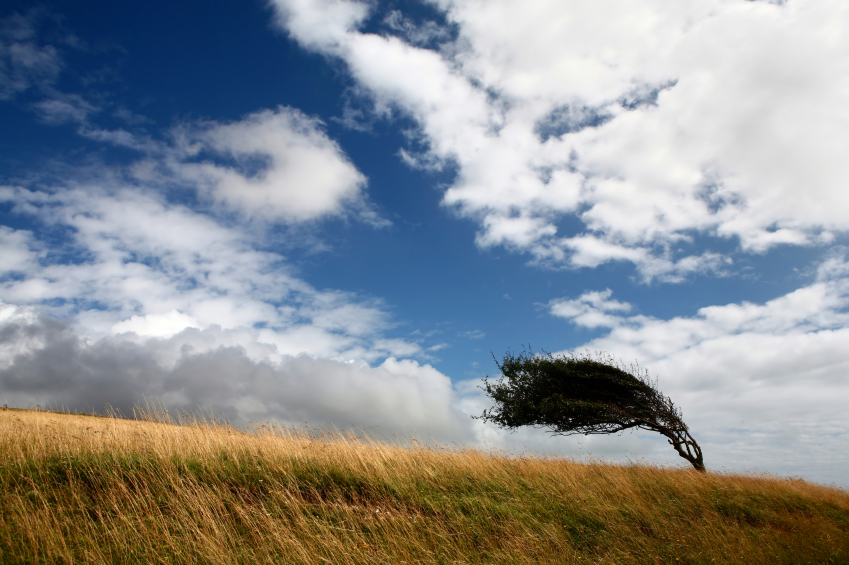
18 Jan A Strong Nervous System Helps You Withstand Extremes
On my morning walk today, the street was littered with little and big branches from a wild snow tornado thing that blew through the city the day before. Every few steps I was kicking away or stepping around fallen pieces of the trees, garbage can lids and stray yard stuff that was swept up and dropped off in the vortex of air.
The trees were just fine. As far as I know, very little damage was done to the city’s bare, brown maple, ash, apple, and every other species of Midwest tree. Those winds were up to 60 miles per hour, and still, the trees looked like they always do this time of year. Stark. Tall. Braced for winter but undamaged by it.
If trees are made to withstand freak ‘snow tornados’ and windy squalls, the weight of a heavy snow, and wide temperature variations (sometimes up to 60 degrees in one day around here), then aren’t we?
Yes. And no.
Yes, you have the capability to bend without breaking against the forces of cold and flu viruses, bacterial infections, mild stresses, and life’s unexpected events.
But you aren’t built to withstand the chronic levels of 21st century stress, with attention-draining electronic devices, ever-greater demands on time, and an environmental load of ‘approved’ chemicals that kills off several species a day*!
At least not without some serious damage.
Trees and plants handle the stress of a strong wind gust by bending their flexible extremities. They might shake loose a weakened branch or a few leaves, but 50 or 100 feet of roots anchor them solidly for survival.
It’s also in your nature to have a strong foundation, so, when stress happens, you bounce back. When a loved one dies, when you lose your job, your marriage, or a beloved pet, you grieve and feel the hurt and loss. After a while you’re on your feet again, wounded but alive.
There’s no denying that some people get an unfair load of stress dumped on them, and who wouldn’t crumble a little under that weight? That’s when you call in extra support, sort of how you’d brace a tree with rope and a stake until it can stand on its own again. You get more rest, nourishing foods, ask family and friends for help.
This is where herbs really shine. They take the load off by calming down the nervous system, helping you sleep more soundly and lifting the fog of fatigue, even in the midst of the hell swirling around you.
Herbs called ‘nervines’ help dial back your anxious energy and feed the nervous system. Passionflower, for instance, puts you to sleep when your head is spinning with repetitive thoughts. Motherwort regulates a heartbeat that’s racing from nervousness, and Lavender soothes the mind and calms an upset stomach.
Wood betony loosens tension in the neck and shoulders, where we hold so much of our stress. These are just a few of the many herbs that lend their gentle nature to our over-stimulated lives.
Like a tree under the constant stress of poor soil, drought or injury, stress leads to disease. If you’re planted where you can’t thrive, your foundation weakens and you’re vulnerable to disease.
Practice a little self-care right now. Make yourself a cup of tea, take a deep breath and let it out slowly, close your eyes, and rest your mind for 3 minutes. You just gave your mind a mini spa treatment!
Can you learn to bend and relax when life throws a snow tornado in your path? You can. Start by bringing some gentle natural healing into your day with calming herbs.




